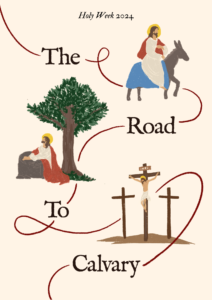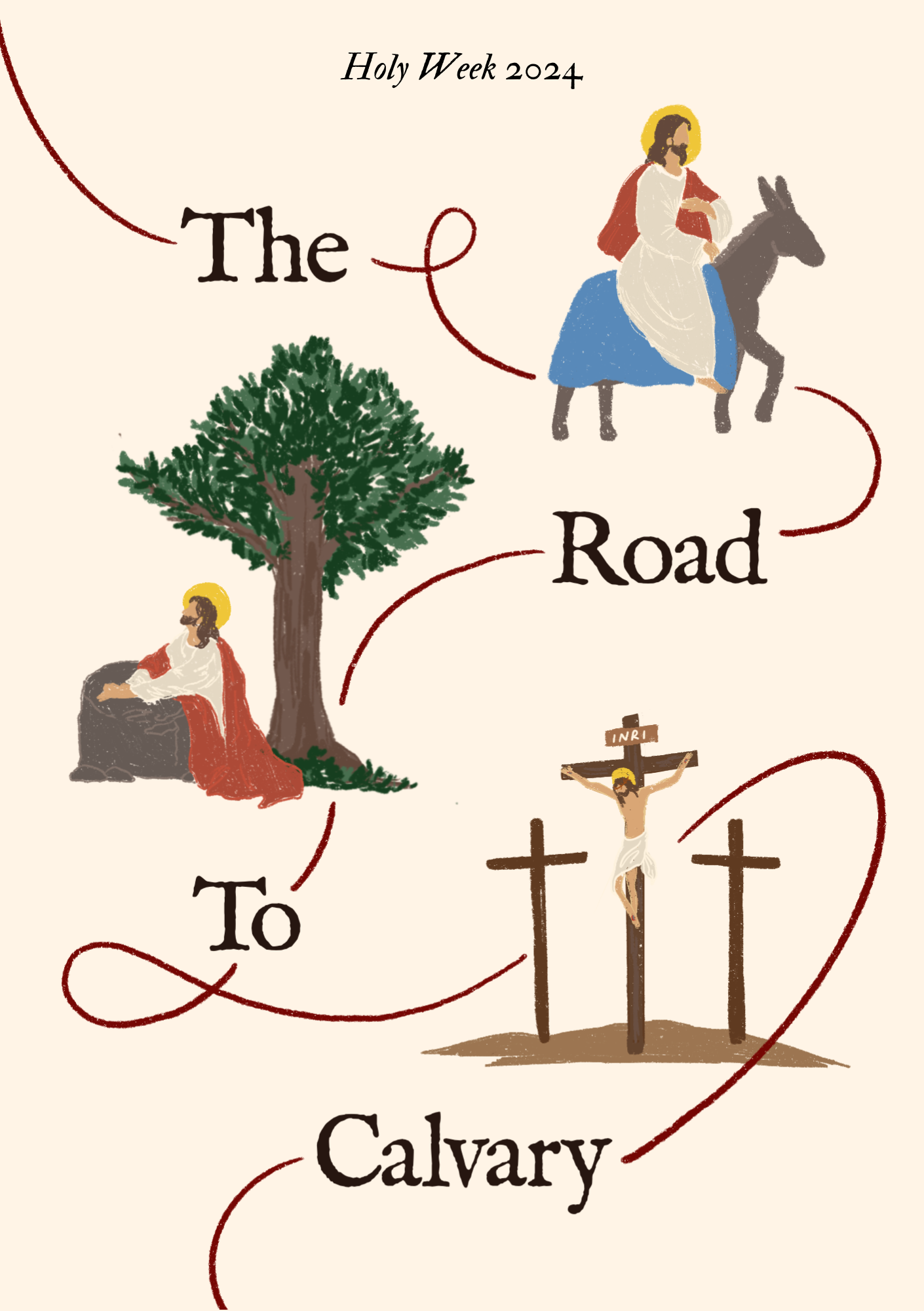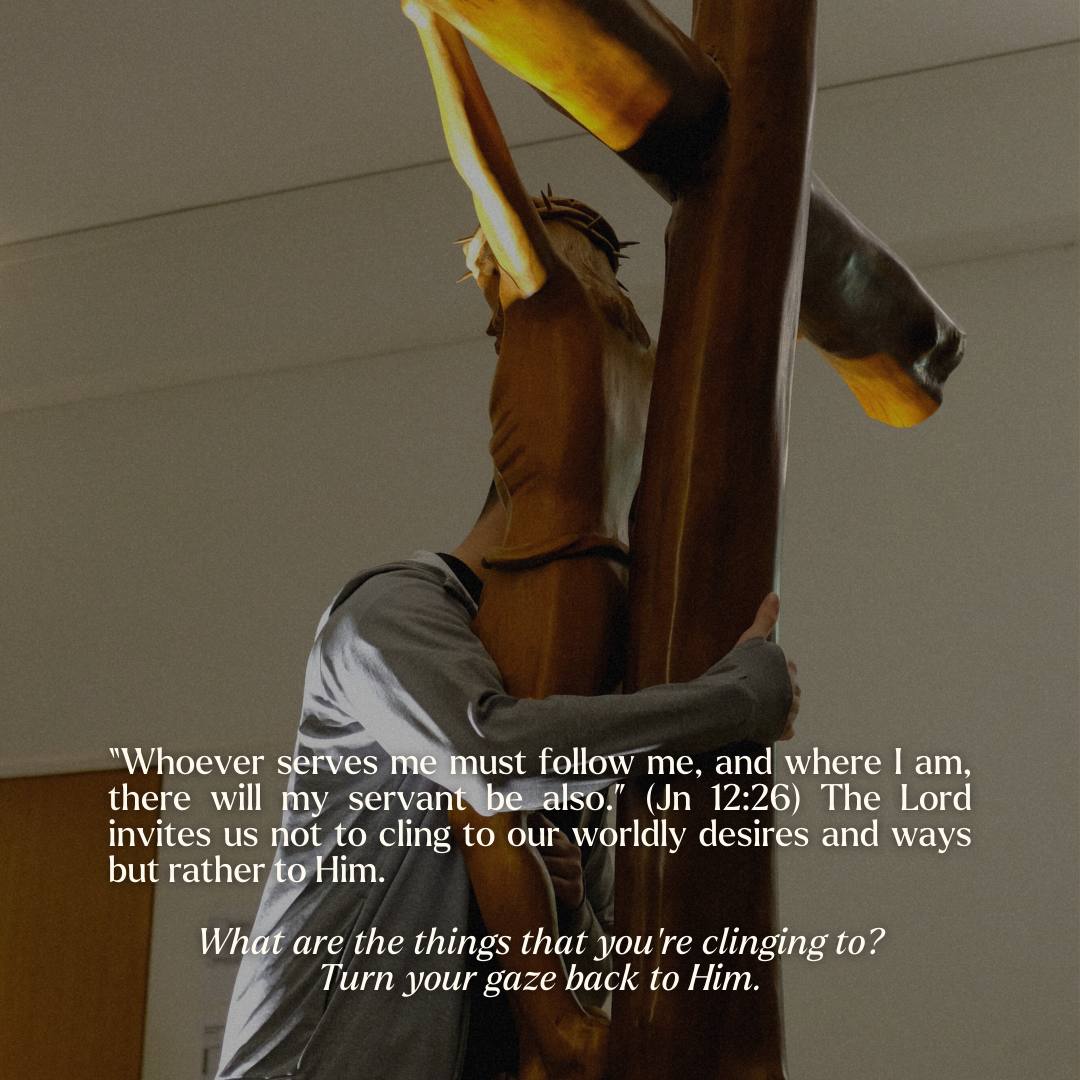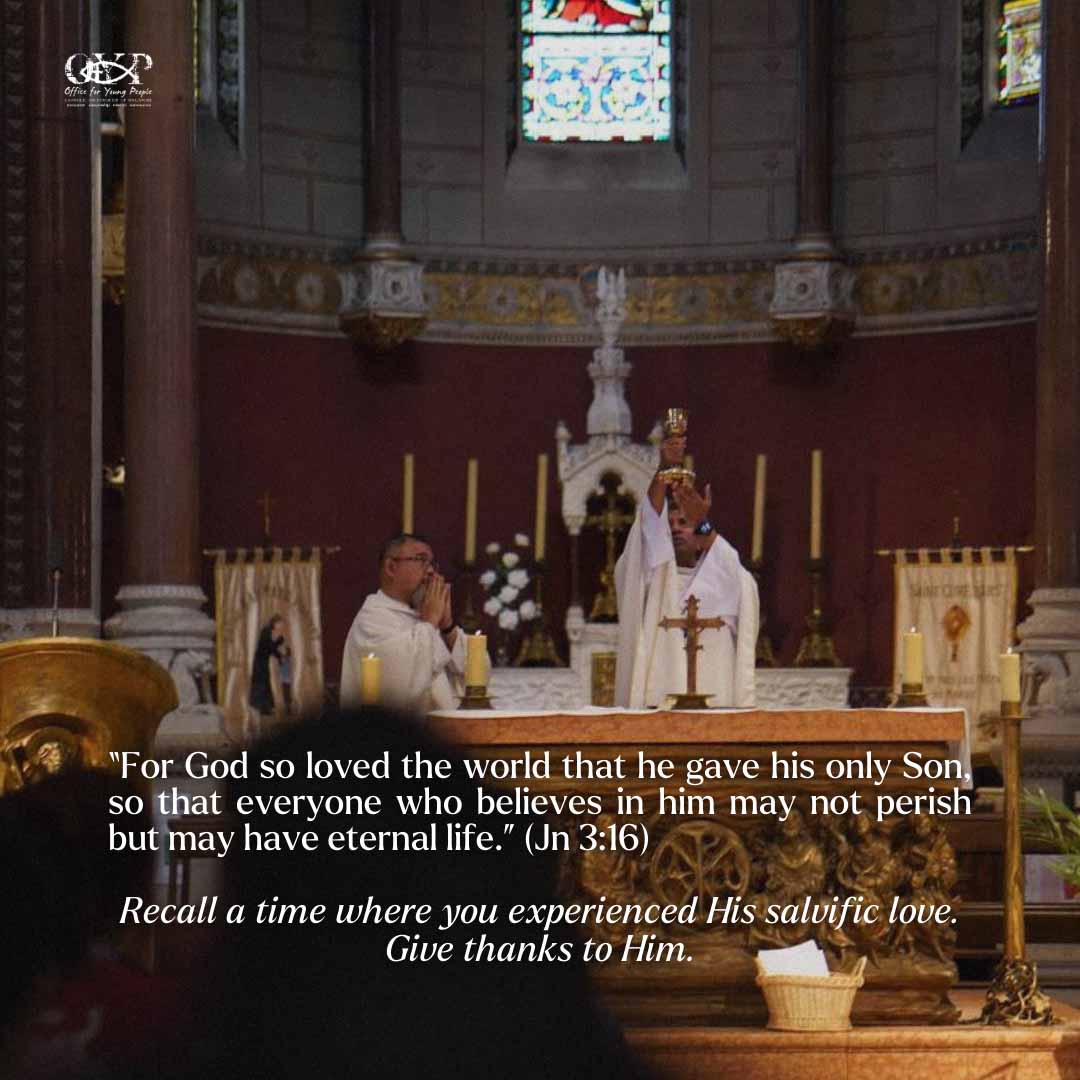by Stuart Andrew Peter
As Catholics living in an age of moral relativism and subjectivism, it is often hard to be firm in our convictions. This is especially so when it comes to defending our faith, or at least what the Church believes to be true and teaches us to be right. We are seen as people who seek to control the freedom of others to choose how they want to lead their lives, as moral judges who stand on pedestals passing judgments on others’ immorality when our own leaders and members are guilty of the same, or perhaps even worse. Defending the faith has thus become a proverbial minefield, with any misstep being capable of setting off a chain of unforeseen reactions far and wide, and with your message almost definitely getting lost along the way. This is especially so in this era of “social media activism”, where multiple shares on multiple platforms make communication breakdown an inevitable outcome of one trying to get his message across.
All of this seems to suggest that there is nothing we can do about it, and that we are faultless. The world is in a sorry state is it not? If people refuse to accept the truth, what are we to do? However, I think that a greater problem lies at the heart of the matter. Fortunately, this means that a solution does also present itself. The fundamental issue that we as Catholics need to confront is the lack of love that we exercise when it comes to defending what we believe is true and right. The solution is thus simple: the starting point of any moral or ethical discussion we engage in needs to be that of love; of caring for the person to whom the message is addressed and of being a part of their lives.
Being a part, not apart: When rigid insistence on the truth neglects to enter the experience of whom it is being addressed to.
Our faith is incarnational. Jesus stepped down from heaven and took on the human form, entering into the experience of humanity. He weeps for the loss of Lazarus, entering into the experience of his loved ones who mourned the loss of a dear brother. He, though blameless and guilty of no wrong, even enters into the desolation of sin by being crucified upon the cross. He never stood by the sidelines hurling lofty statements of truth towards the sinners. Instead, he befriended the sinners, he lived among them, he dined with them. And then he taught them the truth, and how to Iive in the light. And so are we to live out that same ministry.
Therefore, when we engage in some form of moral debate, or are called upon to defend the faith, we should never treat it as an issue of it being “us against them”. We are all sinners, and we are all trying to make sense out of the world in which we live in; Yes, some of us have met the Lord – but all that makes us is privileged, it does not make us any better than the people who have not. Instead, it makes us responsible – responsible to communicate the love which we have received and which the Lord wants us to share. The conversation is thus always and only about “us”: Given our varied views on “what is” and “what is right”, how can we walk together to discover truth and rightness?
I’ve seen this drama unfold countless times on Facebook: Someone posts a status about abortion, or about racism, or some other controversial matter, and it suddenly escalates into a feud online, with people taking sides, labelling one another, and putting each other down. By the end of it, it seems as if everyone has forgotten one fundamental aspect of the matter at hand – that behind all of this lie human persons, persons with experiences and emotions that form their view on the matter. Indeed, behind every controversy lies an individual or group of individuals who have experienced something of the matter that is close to their heart. Ignoring this sets out a terrible platform for discussion. Both sides feel like their feelings are being completely invalidated by the other – that they have been labelled as irrational for feelings they cannot help but have, and the unfortunate result is that of people getting hurt.
Slamming an objective truth at someone, one which is completely at odds with his or her subjective experience, is thus no way to start a discussion, or rather, a journey toward the truth. Sometimes, love requires that tending to the human experience of another takes primacy over mere self-justification i.e. the need to be right. Indeed, it is more important to win the heart of another than to win an argument. This is why empathy and closeness, as well as a genuine desire for the good of the other are key in developing a suitable platform for journeying toward the truth.
Never start with: “here’s why you’re wrong and I’m right” – if you do, you have probably missed the point. Being a part of another’s experience thus entails earnestly seeking to hear and learn from their experience. We need to understand how their view on the matter was formed in the first place. In doing so, we no longer view them as irrational, immoral beings, but rather as the living, breathing, feeling brothers and sisters who are as much desiring for answers as we are.
Being a part of another’s experience thus entails earnestly seeking to hear and learn from their experience. We need to understand how their view on the matter was formed in the first place. In doing so, we no longer view them as irrational, immoral beings, but rather as the living, breathing, feeling brothers and sisters who are as much desiring for answers as we are.
Of course, however, this does not mean that we are to compromise on our convictions and beliefs
Instead, what is necessary is for us to be clear about our convictions and the foundational reasoning behind them. To borrow the words of a priest, when we are not clear about these basic teachings and understandings the church has of the human condition, we end up being brittle where we could be flexible. As I said, our faith is incarnational – it is not meant to be an abstract collection of doctrines and theories which are incapable of being meaningfully translated into life. Instead, the teachings of the Church are meant to function within the framework of human life, and this necessarily includes struggles with sin, with suffering, etc. They thus are often flexible enough to cater to the infinite permutations of experience one might find themselves encountered with. Unfortunately, when we are not well-versed in this flexibility and not attuned to the Spirit of the law, we find ourselves stuck between two false options: that of being overly permissive (brittle when we could be flexible), or that of being insisting on a rigid principle (which is in actual fact flexible in its application).
However, the third way (which is the way we are called to communicate truth) is that of speaking truth with great love. Indeed, Jesus teaches us that hard truths can be dealt with great love. He looks at the rich man who cannot bear to part with his possessions with great love. He does not look at him with scorn or disdain, but rather with understanding and acceptance of where he is at. He even empathizes with the man’s predicament, saying “How hard it is for those who have wealth to enter the kingdom of God!”. And so too are we called to do unto our brothers and sisters. We are not to condemn, or to judge, or to look down upon, but to love as best we can while communicating what is true and right. Anything short of that is not good enough, for truly, our Lord did not come to condemn the world but to save it.
Social media

What I have said seems to suggest that social media is not a suitable platform for such discussions, and to an extent, I honestly think it isn’t. Social media is a platform for quick-fire point by point arguments, and it does not create room for proper sharing of experiences, especially due to its highly public nature. This is why debates on social media get heated really fast: the human experience of each individual is completely glanced over or ignored, and everyone feels maligned or marginalised as a result. Of course, it is completely up to the discretion of the user to discern if the occasion calls for his intervention or input. Nonetheless, I believe that whatever has been said here still holds true if one is to successfully defend the faith in the same spirit of love that our Lord calls us to do so with.
In conclusion, when it comes to defending the faith, the choice is obvious: choose love above all things.
I would like to end of with the words of St Paul in 1 Corinthians 13, for it truly captures the spirit of love that is required of us in defending our faith and what we believe to be true:
If I speak in human and angelic tongues but do not have love, I am a resounding gong or a clashing cymbal. And if I have the gift of prophecy and comprehend all mysteries and all knowledge; if I have all faith so as to move mountains but do not have love, I am nothing… Love is patient, love is kind. It is not jealous, it is not pompous, it is not inflated, it is not rude, it does not seek its own interests, it is not quick-tempered, it does not brood over injury, and it does not rejoice over wrongdoing but rejoices with the truth. It bears all things, believes all things, hopes all things, and endures all things.
Several of the ideas and terms used in this piece were borrowed from Fr Mike Schmitz talk on defending the faith found here









